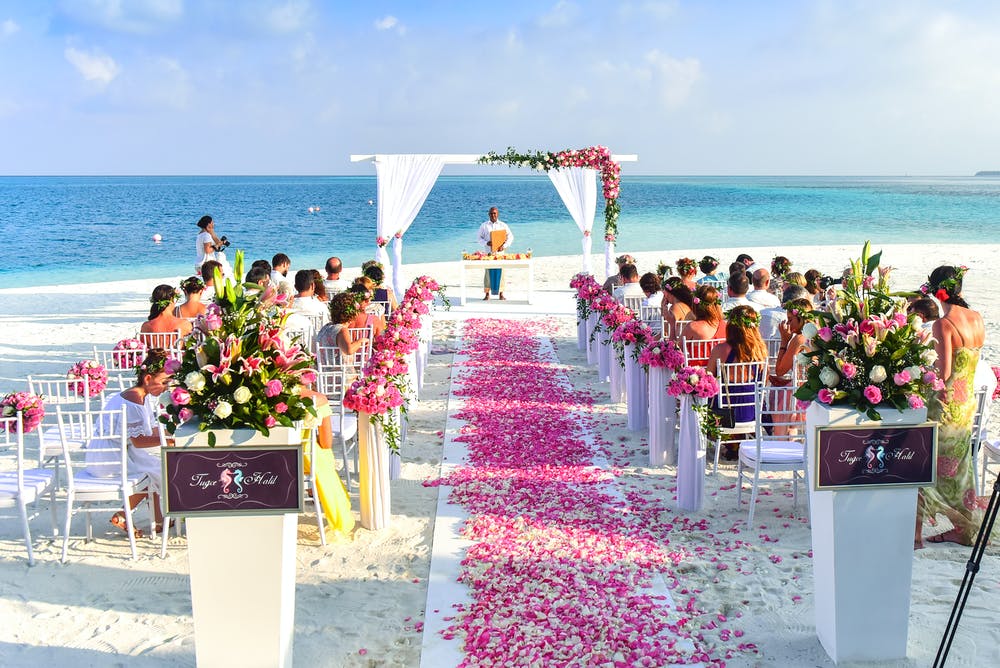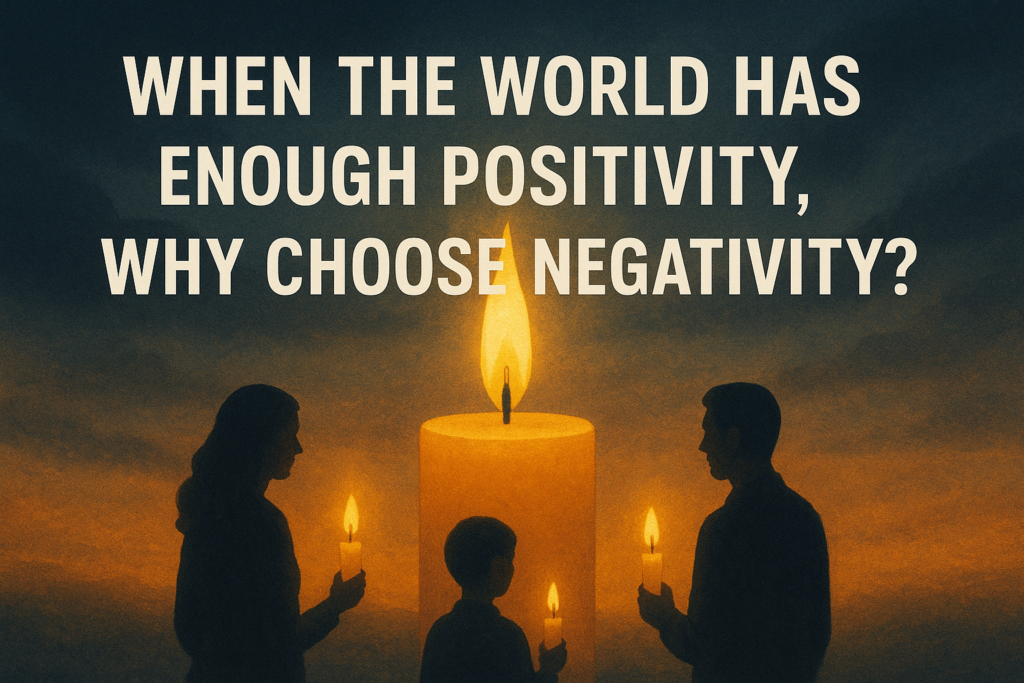An event website is the virtual equal of a physical event in the real world. According to HubSpot, 78% of people look for events on the internet. With a global internet user base of 7 billion people, it’s easy to claim that an event website is a viable marketing tool.

Both organizers and guests will appreciate how convenient and effective it is. The lack of a website for an event significantly affects credibility. With everything around us becoming more digital, it’s no wonder that current technology is making a presence in the world of events as well.
Event planners have also created dedicated event websites in an attempt to harness a rising and very lucrative internet business.
Organizers are creating an experience for their attendees rather than just an event.
Because events are expensive, it’s critical to develop an event strategy. Your budget, objectives, and other factors will influence the events you plan and the type of promotion you run. The event marketing or event marketing website process begins with the recognition that an event exists that can assist your organisation in accomplishing a goal.
Events can help grow the sales pipeline, boost morale, and promote a product, among other benefits. In reality, the event marketing process boils down to the event’s objective. By defining your desired outcome, you can plan promotion and objectives accordingly. Event strategies are inextricably linked to the process of event marketing. Due to the fact that timing can affect the event marketing or event marketing website process, it is critical to be aware of the environment and industry. For example, marketing your event during COVID-19 will be unique.
Online marketing is critical for increasing event awareness and attendance. One of the most effective methods of marketing your event is through an event website – either your own dedicated website or webpage or a listing on an event listing site. An event website can help you reach the right audience, forecast attendance numbers more accurately, and communicate event updates more quickly.
An event website serves as the primary source of information for attendees regarding the event, its sessions, speakers, and agenda, among other things. Attendees learn everything they need to know about the meeting or event, and you collect everything you need to run it smoothly.
There is no need to keep track of 1,000 email responses or manually total attendance. The time and money saved on administrative data entry tasks can be used to improve the event, contact more sponsors, plan additional activities, or respond to participants more quickly. TECHNOLOGY IS THE ANSWER!
Is it necessary for your event to have its own website? Yes, categorically. A branded online presence is ideal for promoting the event, soliciting RSVPs, and communicating with attendees. Additionally, it can help with fundraising efforts. Every representative of an event management company in the world will tell you that developing a dedicated website is a good idea for adding gravitas to the occasion.
Today, website development is easier than ever, and you can get started with a small budget. The benefits are far too numerous to be underestimated. At Eastside Writers we prepare Event Websites which perfectly fits into your budget and deliver your objective in the most planned and focused way.
Website Types.
To begin, what type of website are you going to build? There are two types of event websites: registration websites and marketing websites. While there are numerous other types of websites available, those are the two to consider when developing a website for an event.
Website for Registration:
How complicated is your event? If your seminar is a one-day affair, this is the type of website you should create. Registration websites are ideal for events that are brief in duration, held in a single location or virtually, and require little explanation. In most cases, there will be a single page of information and a call to action inviting the user to register.
Website for Marketing:
For more complicated events, a marketing website is ideal. Frequently, this type of event is multi-day in duration, takes place in multiple locations or virtually, requires multiple registration paths, or requires more than one webpage to explain. Multiple pages can be created on the marketing website to provide attendees with all the information they require. These events are typically more expensive for the attendee, which means the marketing website must justify the expense and time away from the office.
Why would you want to create an event website?
There are numerous reasons to create an event website, but none more so than if you’re planning a large-scale, recurring event. When planning an event, one of the most critical and delicate tasks is communicating all pertinent information to attendees. Many of them require near-personal attention: your phone never stops ringing, your email inbox is constantly overflowing, and even your WhatsApp is constantly collapsing with messages. To make matters worse, last-minute changes occur frequently, and guests frequently ask the same questions over and over.
Have you considered how a dedicated event website can assist you with communications and room booking? Indeed, we have! Let’s take a look at some of the benefits of having a customised website for your event.
By dedicating an entire website to your event, you give yourself ample space to go into detail about it. You can create sections on your site to answer frequently asked questions and to provide various types of related content (blogs, video, and images, for example) that will engage and entice your audience.
Indeed, there are numerous additional advantages to event websites. These include the following:
Importances and Uses of Event Websites
The event website demonstrates to attendees that your event is established and reputable.
Additionally, they can assist in developing and reinforcing your event’s brand.
1. Persuasive descriptions of events.
The event description is a critical component of the event website.
It should be succinct, clear, and include a strong call to action to entice attendees to purchase a ticket or RSVP. Don’t forget to proofread it thoroughly for typos and grammar errors. Even though writing a few sentences may appear simple, it can be challenging for inexperienced writers. If you require assistance, you can always turn to write services from the dedicated team of Eastside Writers.

2. Information about the business,its contact information and schedule.
Including company information and contacts makes sense. This way, potential guests and clients will be able to approach you and inquire about other aspects of your event; therefore, do not make the rookie mistake of forgetting to provide them with some basic information.
Do you know how you occasionally appear to forget even the most vital dates? When it comes to your event, prospective attendees will face the same issue. As a result, you must emphasise the date and time of the event on the event website.
3. Save time by notifying all participants of the event in a timely manner.
If you have all of the information on a website, you can save considerable time when sharing it via email. Consider how much time you spend organising your mailing lists and writing emails for each group or even individual recipient. Additionally, consider the amount of time spent by your attendee to determine which email contains the most recent information. They will be able to identify all of the information in one click simply by sharing the URL of your customised website. Therefore, ensure that your web address is prominently displayed and easily accessible to all of your recipients!
4. Centralize all data.
There is a great deal of critical information that you must communicate to your attendees: schedules, arrival and departure dates, room rates and types, and so on. You can inform them of all the specifics via paper invitations, flyers, signs, emails, and social media… However, if you have a dedicated website for your event, you can be certain that all attendees can access the information at any time, from any device, on any day.
Additionally, you can include information that does not fit in other formats, such as additional information about the hotel’s services, nearby points of interest, modes of transport, and contact telephone numbers. However, do not stop there; include alternative modes of transport, directions, and maps. This page is critical, even more so if the event venue is difficult to locate or access. By doing so, you make it easier for visitors to plan their time and mode of transportation.
Make it easy to find the event venue by providing directions, an address, maps, and arrival tips.
To tweet, click here.

5. An engaging main/landing page with calendar-adding button.
Bring successful events to life with minimal effort, because people tend to believe their first impressions, you must create an effective landing page. It must be sufficiently customer-friendly and informative, but also visually appealing and intriguing enough to elicit clicks to learn more.
With nearly every night of the week having an event, you want yours to stand out. If you want to ensure that attendees remember your event, make it simple for them. Provide them with the add-to-calendar button, and your event will be just one click away.
Nowadays, word of mouth is one of the most powerful forces in marketing, which is why many businesses include social proofs and testimonials on their websites. Naturally, you should also include these elements on the landing page.
6. Links to social media platforms
Bear in mind your event attendees’ social media preferences. Facebook has over two billion active users alone, while millions of people prefer Twitter or Instagram. However, keep in mind that not all of your attendees will be active on every social media platform. However, keep the links handy: this is an efficient way to keep your audience informed and engaged prior to the event. Therefore, keep those social media links readily available on your website.
Additionally, you may wish to include biographical information, speaker session times, and links to their social media profiles.
7. Seamless registration process and timetable
Allow potential attendees to plan their day around sessions, breaks, and networking opportunities by making it visible on the website. Including your speakers on your event website can help establish your event’s credibility. Form of registration and confirmation email should be done with just a click button. You must emphasise the registration form and make the registration process as straightforward as possible, allowing interested followers to apply at their leisure. Send a confirmation email immediately after they register to confirm their registration.
8. Purchase and refund policies for tickets
What do you usually do if you are unable to purchase a ticket to an upcoming event that you wish to attend? In most cases, you would simply exit the site and attempt to locate this opportunity on another. Alternatively, you will have to call or email the support service to resolve the issue, incurring a loss on the ticket.
Why risk losing customers or complicating the ticket purchasing process? Add a button for ticket purchase to allow your clients to do so quickly and without hesitation. Additionally, include a refund policy page with straightforward terms and conditions in case they change their minds or are unable to attend the event.
9. Visuals and videos that grab your attention
Humans are visual creatures, and as such, they will focus their attention on images and videos first. That is why you should include a few eye-catching images and best-of videos from previous events to pique your target audience’s interest.
As an event planner, you almost certainly do not plan a single package of activities. As a result, you must include information about all of your offerings and arrangements for visitors.
10. Invitation to action.
A straightforward call to action can work wonders for your event. Make your call to action clear: register, invite friends, and share your attendance on social media. Make it clear on each page what action you want attendees to take. Ensure that the pages are not muddled by multiple CTAs and that it is clear what you want attendees to do.
11. Photos, video gallery of events and logos of sponsors.
A picture is worth 1,000 words. This adage is ancient but not obsolete, which is why you should include photos of your events, your team, and the venue on your event website. This is also an excellent opportunity to showcase photos from last year’s event and generate excitement for this year’s.
While including sponsor logos on the event website will have no effect on ticket sales, it will keep your sponsors happy by providing ample exposure.
You may also add a News page and event follow-up updates without which an event website appears unprofessional and negligent. Always include some afterthoughts, photos, and greetings. It will excite participants who are still enthusiastic about the event, while also providing an opportunity to announce upcoming meetings.
By including these 20 details on your event website, you can ensure that you are maximising the potential of this communication channel. Make certain to follow our recommendations and best of luck with your event!
12. Responses to Inquiries-(FAQ’s)
Manually responding to inquiries about your event can be time consuming and stressful. When mentioned on your event website, an essential, detailed, and organised date can save you a lot of time and headaches.
The majority of users have similar inquiries, and you don’t want to respond to dozens of messages about the event. The most effective way to address this issue is to include a section for Frequently Asked Questions. It will satisfy your followers and save you considerable time.

13. Easily notify of last-minute changes.
In any case, something may go wrong or last-minute changes may occur. The website can be an extremely useful tool for communicating schedule changes or cancellations of scheduled events. However, make sure to communicate any changes via social media, signage, or even email. Any changes to the plans are considered sensitive information, and you must ensure that they are communicated to all parties involved.
The Benefits of Event Websites.
In short, having a customised website for your event is an incredible tool that significantly simplifies the communication process. You’ll ensure that all pertinent information reaches all attendees, increasing your productivity and freeing up time for other organisational tasks.
Maintaining a year-round presence and establishing SEO authority
Even if your event occurs only once a year, a website can help you increase your search engine authority. This means that as the years pass, you’re more likely to be visible for related search terms.
Being relevant throughout the year
Having an updated website demonstrates that your event brand is valuable year-round – even if it occurs only once a year. A well-designed event website can attract new attendees up to a year in advance of the event.
A dynamic design and responsive layout is an excellent first opportunity to create an unforgettable attendee experience while also promoting your Company brand and the true colours of your event.
Brand awareness is critical to the success of your event and business. This is an important time to highlight your brand and shape how your attendees, partners, and sponsors remember it. Don’t miss out on this chance to engage and excite participants before the meeting or event even begins! Excitement equals buzz, and buzz equals registration pickup!!
SEO (search engine optimization) for event websites.
SEO is essential for the success of any website, not just event websites. It refers to the process of optimising your website to match user queries and communicating the value to search engines such as Google and Bing. Any event website that chooses to disregard the importance of creating a well-optimized website for SEO misses out on a lot of opportunities.
Because SEO is a complicated subject, you may want to consider hiring a professional to assist you. You can also read this article for more information on how to optimise your event website for search engines.
Meanwhile, there are some quick wins you can make to ensure your website ranks for relevant terms related to your event.
SEO suggestions for an event website. Find the keywords and queries that people use to find your event. Then, on your event website, make sure you have pages that target these. This is known as on-page optimization, and it is essential for search engines and users to understand that your website is relevant to them. You can find out what keywords people are looking for by using the tools such as Ahrefs, Keyword planner by Google or Keyword.
In Other Words, respond to the general public by using keywords and optimise your metadata. The data that search engines read is known as metadata. It is critical to optimise it so that search engine bots can understand what your website is about. More information can be found here.
Using content to promote a website for an event.
Content is an excellent way to spread the word about your event. In the online world, content can be anything from articles to images to videos – and combining these formats will help you succeed. Make meaningful content that your users will appreciate.
It is critical that your landing pages contain relevant, well-written content.
Create a logical structure for your website. Make sure that each section of your website is well-structured so that both search engines and users can easily navigate it.
Obtain links to your website from local businesses and businesses involved in your event.
Relevant links to your event will inform search engines that your website is authoritative. This will aid in the ranking of your website.
Content can also be used across all of the event promotion methods we’ve covered, including dedicated event websites, web pages, Facebook events, and event listings.
Blog entries are yet another way of promotion. Whatever your event is, there will always be something to write about that your audience will find interesting. If you have speakers at your event, for example, consider conducting an interview with them or including a detailed bio. You can discuss the event’s motivations or highlight its unique selling points.
Marketing Adaptability.

You have a Company website, but a separate site allows you to best promote the event and focus all attention on the event itself. No more competing for your visitors’ attention with information clutter from your main site that may or may not be relevant to them. Marketing flexibility ensures that your event receives the focused attention it deserves.
When competing in a crowded conference marketplace, having an engaging event website can be especially important. Especially if you’re asking a high price. The invitation and event website may be your first, and possibly only, the opportunity to wow them and give them a true sense of what’s in store. This buildup of excitement has the potential to pique new interest while also enticing loyal customers to return.
The right technology solution provides invaluable tools for successfully managing an event. You gain the ability to customise your analytics and reporting options for various uses, automate communications and notifications to attendees, and track relevant data in real-time to see trends as they emerge, allowing you to make rock-solid decisions with ease. The best part is that it is simple to export, manipulate, or simply share and use as-is.
Originally posted 2021-06-18 13:49:38.







Pingback: Event Registration Best Practices To Attract More Attendance – TechMoran
Pingback: Information About Event Website